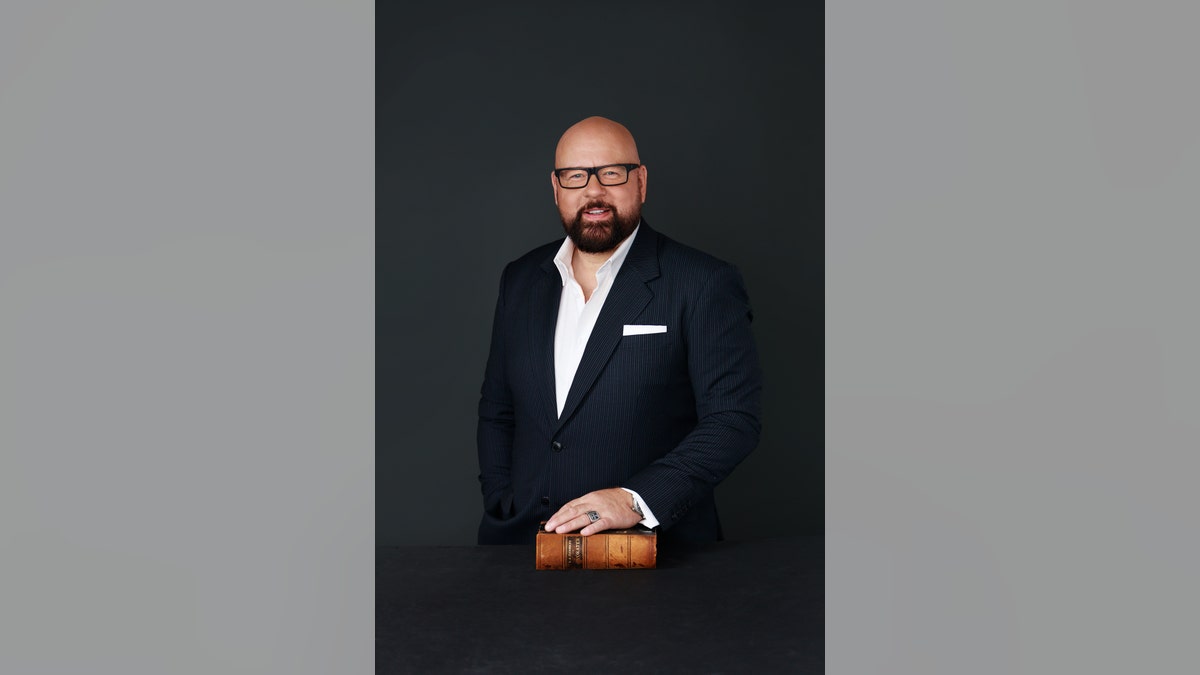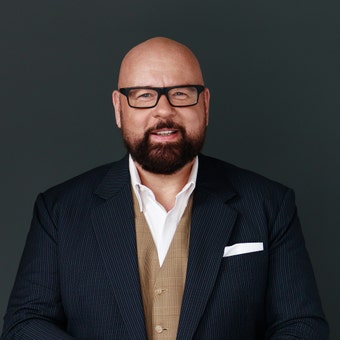Fired Austin volunteer fire chaplain speaks out
Andrew Fox, recently fired by the city of Austin for his religious views, joins his attorney with Alliance Defending Freedom to share details behind his controversial blog post and the fallout on 'Tucker Carlson Tonight.'
When the alarm sounds, they transform into Marvel superheroes. They’re out the door in a flash, often the first on the scene of car crashes, medical emergencies, and of course, fires. But after the adrenaline rush of saving a life subsides, they are men and women who need counsel, prayer, and a listening ear as they survive in the high-stress, hazardous profession of firefighting.
In times of crisis, firefighters are trained to rescue and mitigate loss of life. But who responds to their cries for help?
I started the chaplaincy program at the Austin Fire Department so that those who respond to crises for a living would have someone to call when they faced difficulty of their own. Then it was my turn to slide into action.
RELIGIOUS LEGAL ORG PUSHES BACK AGAINST MEDIA CLAIMS THAT SUPREME COURT WANTS TO ‘PROMOTE CHRISTIANITY’
I’m an ordained minister who served as the city’s lead chaplain in a volunteer capacity for eight years, providing support to the 1,400 uniformed and civilian members of Austin’s fire department. My role was to show up for them—anytime, anywhere: a 24-7 resource firefighters could call upon when they were struggling.

Dr. Andrew Fox is the former lead chaplain of the Austin Fire Department, and he's suing to get his position back.
During Austin’s big ice storm last year, I was called to a devastating scene where a family, trying to keep warm, accidentally caught their house on fire. As the firefighters pulled bodies out of the burning house, I pulled coverings over the bodies, shielding their faces from prying eyes and cameras. After the fire crews cleaned the scene, I spent time debriefing with them, praying with some, and talking to others who came to me afterward.
The stress firefighters experience can negatively affect their physical, emotional, and spiritual wellbeing, and I was also called to the scene of firefighter deaths — tragically, some in the line of duty and some by their own hand. During these times of grief, I was there for the families, helping them walk through this unimaginable loss.
Unfortunately, I’m writing in the past tense because I’m no longer a chaplain for the Austin Fire Department. I was fired from my volunteer role because I shared my religious views on my personal blog — views which city officials could not tolerate. The controversial viewpoint that extinguished my career? Writing about my religious and commonsense view that men and women are biologically different, and men should not compete on women’s sports teams.
When city officials demanded that I recant and apologize for the harm my blog post allegedly caused, I explained that my intent was to foster discussion, not cause offense. And I apologized if anyone was offended. I could not, however, recant my beliefs or apologize for my faith.
But my simple apology wasn’t enough. City officials fired me from the volunteer chaplaincy I created. For eight years, I served every firefighter with consistent, compassionate care and equal treatment, no matter who they were, including those in the LGBT community. For eight years, I answered every call — voluntarily — because I consider it a tremendous honor to support those who sacrifice so much for their community. But all of that meant nothing when I expressed a religious view the city wanted to censor.
It’s never the job of the government to censor speech based on someone’s religious views. Yet that’s exactly what Austin officials did. They demanded I comply with their political ideology, and when I refused to fall in line and recant my deeply held religious views, they made me turn in my uniform.
CLICK HERE TO GET THE OPINION NEWSLETTER
So, with the legal assistance of Alliance Defending Freedom, I have filed suit against the city of Austin. The years of service I freely and gladly gave to this fire department … the reputation I built of loving and caring for the city’s heroes … the families whom I wept and prayed with when tragedy struck — all irrelevant because of something I said on my personal writing platform on my personal time. City officials disagreed with my viewpoint and used it to end my chaplaincy career and attempt to tarnish my name.
CLICK HERE TO GET THE FOX NEWS APP
I am not the first to face this injustice, but I am speaking out because I’d like to be the last. Who gets to decide what views are acceptable and which ones aren’t on someone’s personal blog? Or will government officials simply start accepting only those who remain completely silent about their faith, political views, or deeply held beliefs?
That is not the America I immigrated to 23 years ago. No matter your opinion on whether men should be allowed to compete on women’s sports teams, it should deeply concern every American that the government can fire someone for expressing it.




